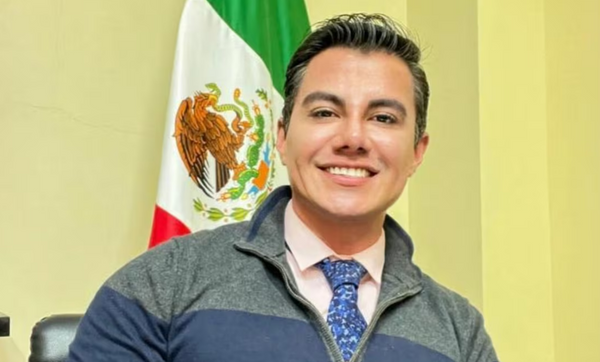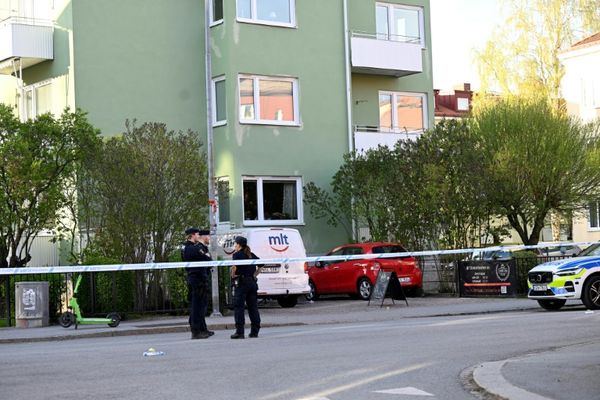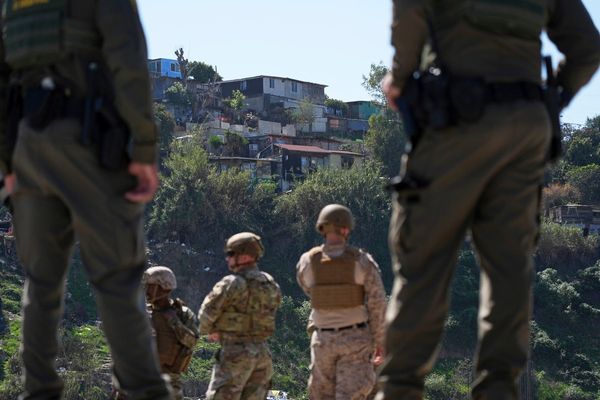
The Government’s failure to act quickly in response to warnings about rising Covid-19 cases in autumn 2020 led to preventable deaths, the nation’s chief scientific adviser has said.
Professor Dame Angela McLean criticised a “lack of appreciation that very quick decisions were needed” during the pandemic, and said this was the “most significant shortcoming” in decision-making.
She told the UK Covid-19 public inquiry on Thursday that ministers had enough data to lock down earlier in March 2020, and also failed to act quickly when cases were rising in autumn that year.
Dame Angela said she was in agreement with Professor John Edmunds that ministers were “making the same mistakes again” by not imposing tighter restrictions in the autumn.
“If we had acted decisively then we would have learned from March, but we didn’t,” she said.
I couldn’t understand why we weren’t doing things to try hard to avoid a second autumn wave. We’d been telling them since we started there will be an autumn wave— Professor Dame Angela McLean
She criticised a lack of action in September 2020 when she and other scientists were calling for a “circuit breaker” to reduce cases.
When asked if the failure to impose circuit-breaker restrictions was a mistake, she said: “Yes, I believe that was a mistake. If we had a circuit breaker in September cases would have dropped a little bit and then we would have bought some time.
“The number of infections kept rising through September and October with attendant hospitalisations and, sadly, deaths.”
When asked whether deaths would have been lower if a circuit breaker had been imposed earlier, Dame Angela said: “Yes.”
Figures show that there were 57,896 deaths involving Covid-19 which occurred in the UK during the first wave of the pandemic, from the start of the crisis to the end of August 2020.
Some 95,915 deaths involving Covid-19 occurred in the UK during the second wave from the start of September 2020 to end of April 2021.
The advice was initially given to Government in a meeting on September 20, with Dame Angela saying she did not remember then prime minister Boris Johnson “saying anything” in response.
During the meeting, Dame Angela explained the situation with Covid-19 was about to exceed the “reasonable worst-case scenario”.
At a meeting the following day, scientists again recommended a package of interventions to help slow down the spread of the virus, with a further Sage meeting on September 24 once more recommending a two-week circuit-breaker.
She told the inquiry: “Having lived through the first wave with its horrible consequences, I couldn’t understand why we weren’t doing things to try hard to avoid a second autumn wave.
“We’d been telling them since we started there will be an autumn wave.”
In her witness statement, she described the second lockdown as a “terrible moment”.
She went on to say: “It felt like March all over again. We wait til the last possible moment – we delay and delay a decision, and then we have to slam the brakes on as hard as possible, with the attendant social costs and economic costs.”
Dame Angela also told the inquiry there was a “lack of appreciation that very quick decisions were needed” around exponential growth of cases and “lagged control” – the time-lag between something happening and its actual effect.
Joanne Cecil, counsel to the inquiry, asked her: “As we will see as we move chronologically through that period, that informs what you consider to be one of the most significant shortcomings in relation to decision-making… to some extent in the early part of the pandemic, but certainly in the autumn period of 2020?”
Dame Angela replied: “I agree. I think we made the same mistake three times.”
And she said there was enough data for the Government to initiate the first Covid lockdown in March 2020, a week before it was actually introduced.
She told the inquiry that in mid-March 2020, ministers had enough information to show voluntary measures had only reduced social contact by around 40%, when experts had said contacts needed to reduce by around 75% to reduce the spread of the virus.
“By the 16th we had enough data, in my opinion, we should have gone into lockdown on that Monday the 16th,” she said.
Dame Angela was also asked about describing September 2020 as the “worst moment of the pandemic”.
She told the inquiry: “It was very frustrating for us to be asked to advise the Government and to advise the Government that the autumn would be difficult, and that that difficulty would manifest as rising numbers of infections… And then we had this astonishingly good ability to watch that happening with the ONS Covid infection study… and it proceeded to happen.
“We said ‘you should do something now’. But nothing happened.”
In her written statement, Dame Angela also said it was necessary to consider a target level of infections, but that she may have been “politically naive” to think that politicians would be prepared to do so, because setting a target would make it obvious when that target is not being met.
There was an absence of longer-term thinking that meant the Government’s communication of risk, especially after the first lockdown, was confusing, she said.
This undermined public health messaging about the virus, Dame Angela said.
Elsewhere, the inquiry also heard that:
– Dame Angela said she was not consulted on the Eat Out To Help Out scheme.
– She suggested some officials thought the pandemic was halfway over in April 2020.
– Dame Angela said an “elimination” strategy – as perused by New Zealand – would not have succeeded in the UK.
– She said she was not confident of the Treasury’s use of a simple model during the pandemic.
– Dame Angela also said the situation in care homes was a foreseeable problem.
– There were times during the crisis where she had to “paper over the cracks” when difficulties arose between academics and civil servants.
It comes as it was announced that Matt Hancock, Dominic Raab and Michael Gove will be among those giving evidence to the inquiry next week. Mayor of London Sadiq Khan and Mayor of Greater Manchester Andy Burnham will also appear, alongside former health secretary Sajid Javid.







